C# Keywords Tutorial Part 57: object
C# is a contemporary programming language with an object-oriented approach utilized for building various software applications. One of the key elements in C# is the “object” keyword, which is employed to produce instances of classes and structures.
This blog post will delve into the “object” keyword in C#, encompassing its definition, application, and some optimal methodologies for utilizing it.
What does the “object” keyword signify in C#?
The “object” keyword in C# is implemented to announce an instance of a class or structure. The “object” type belongs to the reference type, which indicates that when you establish a variable of the “object” type, you are making a reference to an object kept in memory.
The following is an instance of how to declare a variable of the “object” type:
object myObject = new object();
In this example, we are creating a new instance of the “object” class and assigning it to the variable “myObject.” Now that we have created an instance of the “object” class, we can use it to store any type of data we want.
How is the “object” keyword used in C#?
The “object” keyword is used in many different ways in C#. Here are some examples:
- Boxing and Unboxing: One of the most common uses of the “object” keyword is for boxing and unboxing. Boxing is the process of converting a value type to an object reference type, while unboxing is the process of converting an object reference type back to a value type.
int myInt = 42; object myBoxedInt = myInt; // Boxing int myUnboxedInt = (int)myBoxedInt; // Unboxing
- Polymorphism: Polymorphism is the ability of an object to take on many forms. The “object” keyword is often used to enable polymorphism in C#. Here is an example:
public void DoSomething(object myObject)
{
// Do something with myObject
}
int myInt = 42;
string myString = "Hello, world!";
DoSomething(myInt);
DoSomething(myString);In this example, we have defined a method called “DoSomething” that takes an “object” parameter. We can call this method with any type of object, and it will be handled correctly thanks to polymorphism.
- Reflection: Reflection is the ability of a program to examine its own metadata at runtime. The “object” keyword is often used in conjunction with reflection to inspect the properties and methods of an object at runtime.
Best Practices for Working with the “object” Keyword
Here are some best practices for working with the “object” keyword in C#:
- Use Generics Instead of “object”: Whenever possible, use generics instead of the “object” keyword. Generics provide a type-safe way to work with collections of objects.
- Avoid Casting: Casting an object to a different type can be slow and error-prone. Whenever possible, try to use the correct type for the data you are working with.
- Use “as” Instead of Casting: If you must cast an object to a different type, use the “as” keyword instead of a traditional cast. The “as” keyword returns null if the cast fails, which can help prevent runtime errors.
- Be Careful with Reflection: Reflection can be a powerful tool, but it can also be dangerous if used improperly. Be sure to validate all input before using reflection to prevent security vulnerabilities.





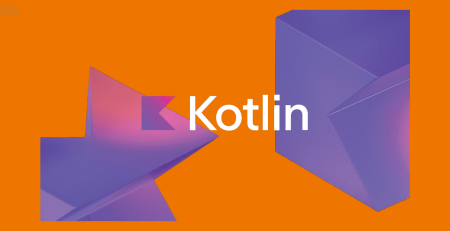



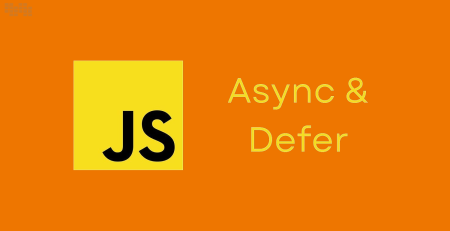
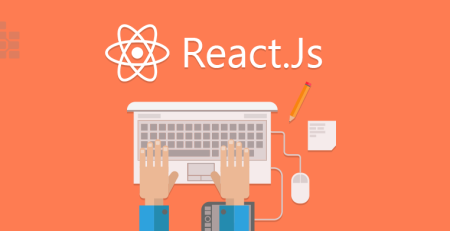
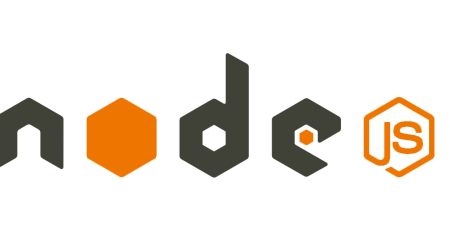
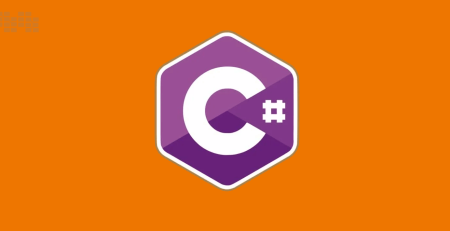
Leave a Reply